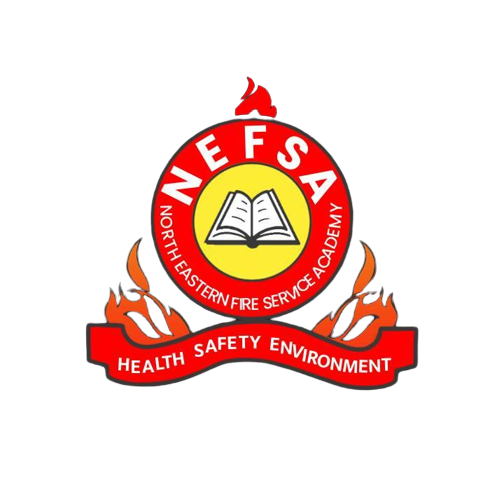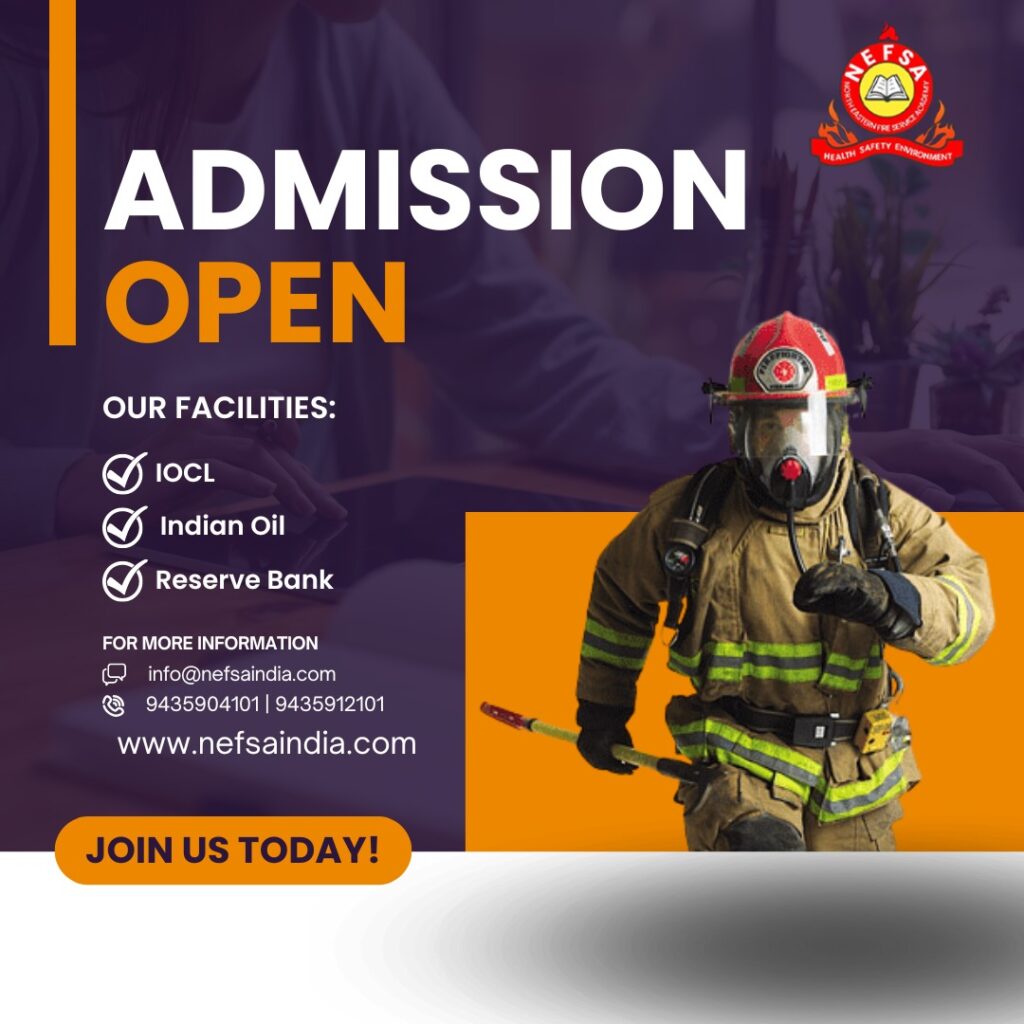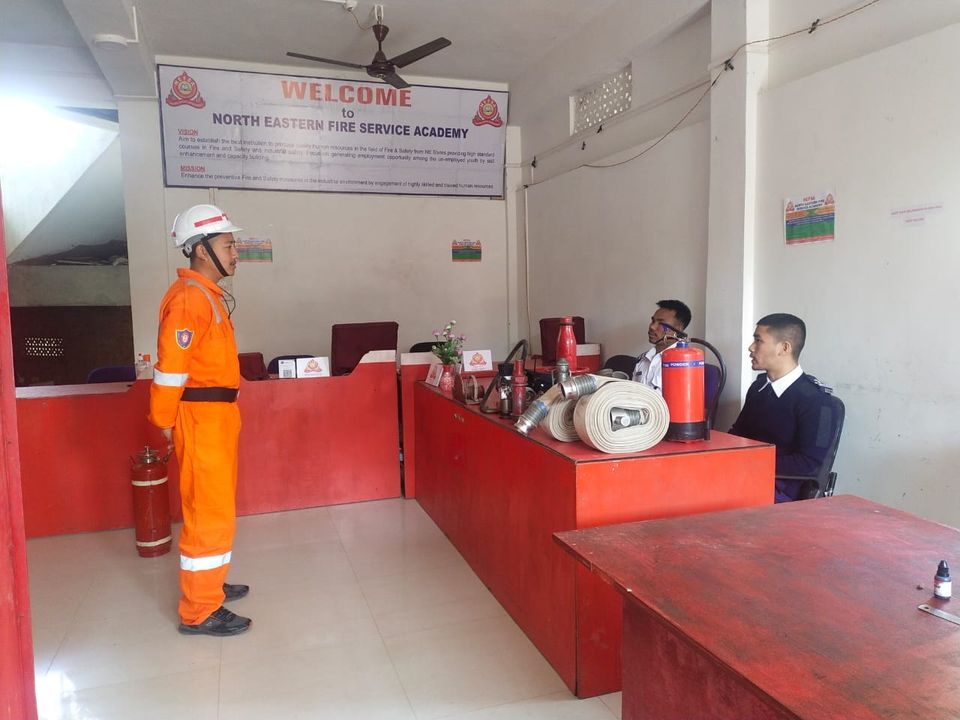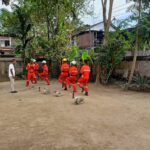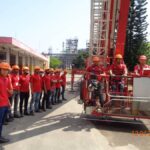Becoming a proficient firefighter requires mastering a diverse set of skills. At NEFSA Fire Academy, we pride ourselves on providing comprehensive training that equips our students with the essential abilities needed to excel in this challenging profession. In this blog, we’ll explore the top 10 skills every firefighter should master to ensure they are ready to protect and serve their communities effectively.
1. Physical Fitness
Firefighting is a physically demanding job that requires strength, endurance, and agility. Firefighters must be able to carry heavy equipment, climb ladders, and navigate through hazardous environments. Regular physical training and maintaining a healthy lifestyle are crucial for staying in peak condition.
2. Firefighting Techniques
Understanding and executing various firefighting techniques is fundamental. This includes knowing how to control and extinguish fires, using different types of fire extinguishers, and employing strategies for dealing with different kinds of fires, such as electrical, chemical, and structural fires.
3. Rescue Operations
Firefighters often find themselves in situations where they need to rescue individuals from dangerous environments. This skill involves safe and efficient evacuation methods, knowledge of first aid and CPR, and the ability to operate rescue tools like hydraulic cutters and spreaders.
4. Hazardous Materials Handling
Firefighters must be trained to identify and manage hazardous materials safely. This includes understanding chemical properties, wearing appropriate protective gear, and knowing decontamination procedures to prevent the spread of harmful substances.
5. Communication
Effective communication is vital in emergency situations. Firefighters need to relay information clearly and quickly to their team and other emergency responders. This includes using radios and other communication devices and understanding standard operating procedures.
6. Problem-Solving
Firefighters often face unpredictable scenarios that require quick thinking and problem-solving. They must be able to assess situations rapidly, make informed decisions, and adapt to changing conditions to ensure the safety of themselves and others.
7. Teamwork
Firefighting is a team effort, and strong teamwork skills are essential. Firefighters must work cohesively with their team, understanding their roles and responsibilities, and supporting each other in high-pressure situations. Trust and coordination are key to successful operations.
8. Technical Knowledge
Modern firefighting involves the use of advanced technology and equipment. Firefighters must be proficient in operating fire engines, hoses, ladders, and breathing apparatus. They should also stay updated on the latest firefighting technologies and best practices.
9. Fire Prevention and Education
Preventing fires is just as important as extinguishing them. Firefighters should educate the public about fire safety, conduct inspections, and promote fire prevention practices. This proactive approach helps reduce the occurrence of fires and enhances community safety.
10. Emotional Resilience
Firefighting can be emotionally taxing, with firefighters often encountering traumatic situations. Building emotional resilience is crucial for coping with stress and maintaining mental health. Support systems, counseling, and stress management techniques play a significant role in this aspect.
Conclusion
At NEFSA Fire Academy, we are committed to providing top-notch training that encompasses these essential skills. Our comprehensive programs are designed to prepare aspiring firefighters for the demands of this noble profession, ensuring they are ready to protect and serve their communities with excellence.
Whether you’re considering a career in firefighting or looking to enhance your skills, NEFSA Fire Academy offers the training and support you need. Join us and become a part of a legacy dedicated to saving lives and making a difference.
To be part of our academy click www.nefsaindia.com
To examine greater blog:- www.nefsaindiablog.com
